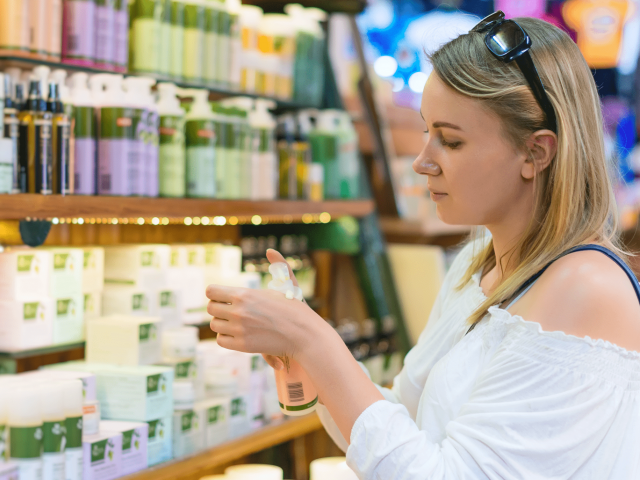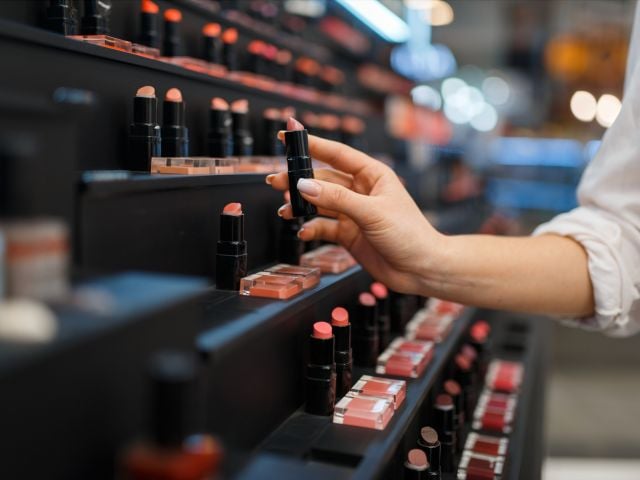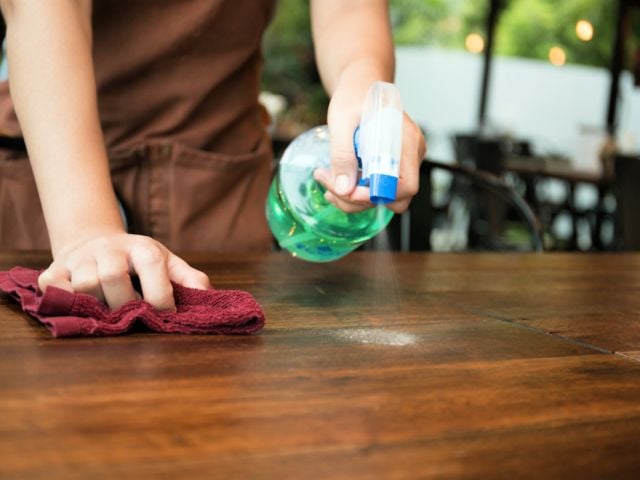WASHINGTON - A bill introduced by Sens. Dianne Feinstein, D-Calif., and Susan Collins, R-Maine, would help the federal Food and Drug Administration ensure that cosmetics and other personal care products are safer.
The proposal, titled the Personal Care Products Safety Act, would require the FDA to investigate five potentially risky ingredients each year. If an ingredient is found to pose health risks, the FDA could ban or restrict its use.
In its first safety assessments, the FDA would review:
- Methylene glycol, a form of formaldehyde recognized as a known human carcinogen and used in dangerous hair smoothing treatments;
- Propyl paraben, a preservative linked to hormone disruption;
- Lead acetate, a potent neurotoxin used in men’s hair dyes;
- Diazolidinyl urea, a preservative that releases formaldehyde;
- Quaternium-15, another formaldehyde-releasing preservative.
“Many Americans are surprised to learn that the ingredients in their makeup, shampoo and body lotion are largely unregulated and, in some cases, harmful to their health,” said Heather White, EWG executive director. “The fact is that companies can put potentially dangerous ingredients into the products they sell without ever having to prove they are safe. We are grateful for the leadership of Senators Feinstein and Collins on trying to improve the safety of the products that families use every day.”
EWG research has found that, on average, women use 12 personal care products each day, exposing themselves to 168 chemical ingredients. Men use about half of the number of products used by women, but still expose themselves to 85 unique chemicals on a daily basis.
Under the Feinstein-Collins bill, the FDA would have the ability to stop companies from selling unsafe products and would be able to recall any products it finds to be dangerous, something the agency cannot currently do.
“While no legislation is perfect, this bill will give the FDA new tools to protect consumers from dangerous cosmetics,” White added. “It is long overdue.”
For decades, EWG has been filling the gap left by the federal government by educating consumers about the ingredients in their cosmetics and personal care products. EWG’s Skin Deep database and mobile scanning app provide safety and rating information on 68,000 products to help consumers choose the safest options for themselves and their families.



